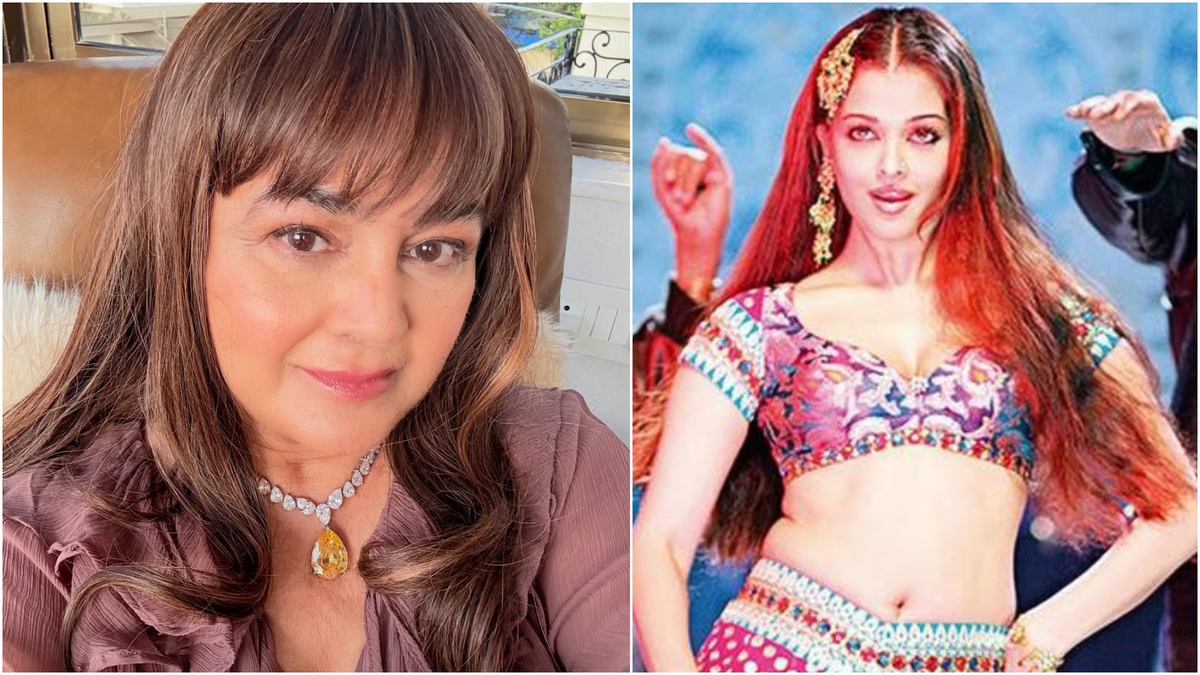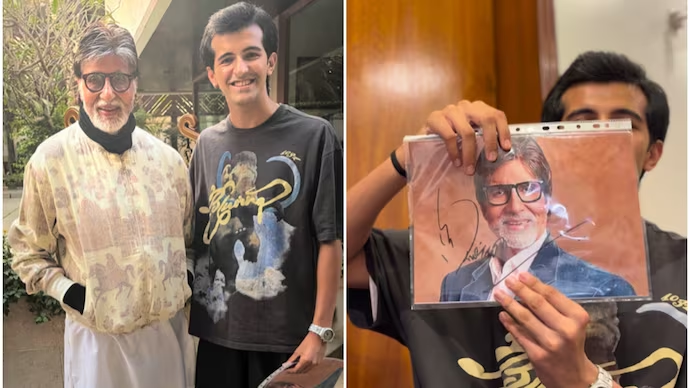Now Reading: Iconic Voice, Insulting Pay: Alisha Chinai Recalls Refusing ₹15,000 for ‘Kajra Re’
-
01
Iconic Voice, Insulting Pay: Alisha Chinai Recalls Refusing ₹15,000 for ‘Kajra Re’
Iconic Voice, Insulting Pay: Alisha Chinai Recalls Refusing ₹15,000 for ‘Kajra Re’

The story behind one of Bollywood’s most enduring and popular chartbusters, “Kajra Re,” has a surprisingly contentious and disappointing chapter, as revealed by the voice behind the song, veteran singer Alisha Chinai.
Chinai, renowned as the ‘Queen of Indipop’ for massive hits like “Made In India,” has recently opened up about the “insulting” remuneration she was offered for the 2005 track from the film Bunty Aur Babli. Despite the song becoming a cultural phenomenon—a permanent fixture at weddings and parties—Chinai disclosed that she was offered a meager ₹15,000, an amount she categorically refused.
“Don’t They Have Any Value for Singers?”
In a candid interview, Alisha Chinai expressed her deep hurt and anger over the paltry sum offered by the producers, Yash Raj Films (YRF). “After ‘Kajra Re,’ I was really angry and upset. I was hurt. I thought—don’t they have any value for singers?” she recalled.
Chinai elaborated that she was already a prominent and established name in the music industry at the time. She hadn’t initially sought out playback singing, but agreed to the project after being personally requested by music composer Ehsaan Noorani (of the Shankar-Ehsaan-Loy trio) and because it was under the prestigious Yash Raj banner.
“I didn’t accept the cheque,” Chinai stated, highlighting her firm stand against the perceived undervaluation. “They kept sending it back, but I refused.”
The song “Kajra Re,” featuring a celebrated ‘item number’ performance by Amitabh Bachchan, Abhishek Bachchan, and Aishwarya Rai, was a colossal success, earning Chinai the Filmfare Award for Best Female Playback Singer. The massive disparity between the song’s popularity and the compensation offered to its singer struck a nerve, not just with Chinai, but with many industry observers.
A Larger Stand Against Industry Practices
Chinai’s public revelation about the underpayment, though controversial at the time, was born out of a deeper frustration with Bollywood’s treatment of vocalists. She noted that her honesty—her inability to be “politically correct”—stirred up a significant controversy that did not go over well with the production house.
The pop diva remains resolute in her stance on the systemic issue. She remarked on the broader problem of poor pay for singers in the industry, suggesting that many have “lowered their own standards,” enabling producers to behave “like they’re doing singers a favour, but they’re actually not.”
The Royalty Battle and Bollywood Embargo
The payment controversy escalated beyond just the initial singing fee. In a subsequent interview in 2010, Chinai revealed she was “aghast” to discover that the production house was collecting royalties every time she performed “Kajra Re” on international tours. This incident highlighted the deep-seated issues around music copyright laws in India and ultimately led to a drastic decision.
Chinai publicly declared an unofficial embargo on singing in Bollywood until “the copyright laws change.” She has since maintained her position, turning down multiple offers for playback singing. Her protest is a clear demand for greater financial respect and royalty rights for artists, echoing the models seen in Western music industries.
Alisha Chinai’s refusal of the paltry ₹15,000 cheque for an award-winning, iconic hit serves as a potent critique of the financial structure in Indian film music, putting a spotlight on the often-overlooked battle for fair compensation and artistic value within the glamour of Bollywood.









